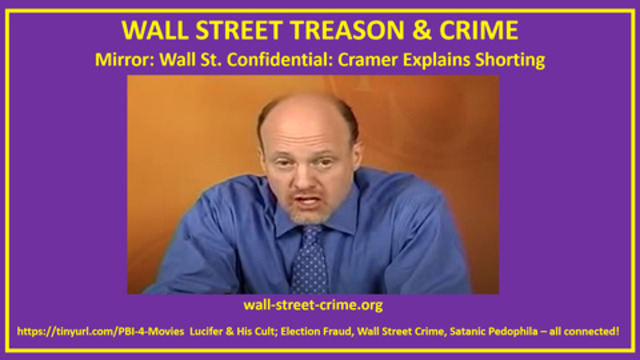Illegal naked shorting and stock manipulation are two of Wall Street’s deep, dark secrets. These practices have been around for decades and have resulted in trillions of dollars being fleeced from the American public by Wall Street. In the process, many emerging companies have been put out of business. This report will explain the magnitude of this problem, how it happens, why it has been covered up and how short sellers attack a company. It will also show how all of the participants; the short hedge funds, the prime brokers and the Depository Trust Clearing Corp. (DTCC) — make unconscionable profits while the fleecing of the small American investor continues unabated.
Who Profits from this Illicit Activity?
The short answer is everyone who participates. Specifically:
- The shorts — They win over ninety percent of the time. Their return on investment is enormous because they don’t put any capital up when they sell short — they get cash from the sale delivered to their account. As long as the stock price remains under their short sale price, it is all profit on no investment.
- The prime brokers — The shorts need the prime brokers to aid in counterfeiting shares, which is the cornerstone of the fraud. Not only do the prime brokers get sales commissions and interest on margin accounts, they charge the shorts “interest” on borrowed shares. This can be as high as five percent per week. The prime brokers allegedly make eight to ten billion dollars a year from their short stock lend program. The prime brokers also actively short the victim companies, making large trading profits.
- The DTC — A significant amount of the counterfeiting occurs at the DTC level. They charge the shorts “interest” on borrowed shares, whether it is a legitimate stock borrow or counterfeit shares, as is the case in a vast majority of shares of a company under attack. The amount of profit that the DTC receives is unknown because it is a private company owned by the prime brokers
PDF (14 Pages): Counterfeiting Stock (Primer)


